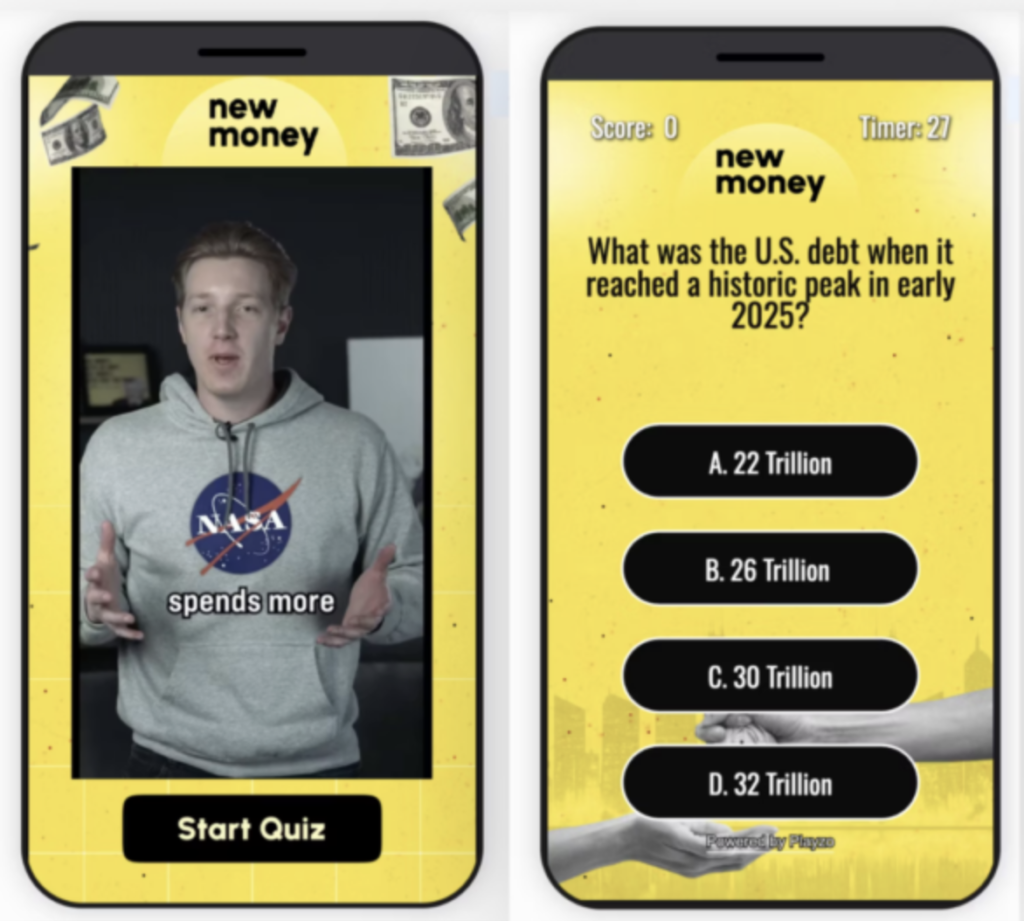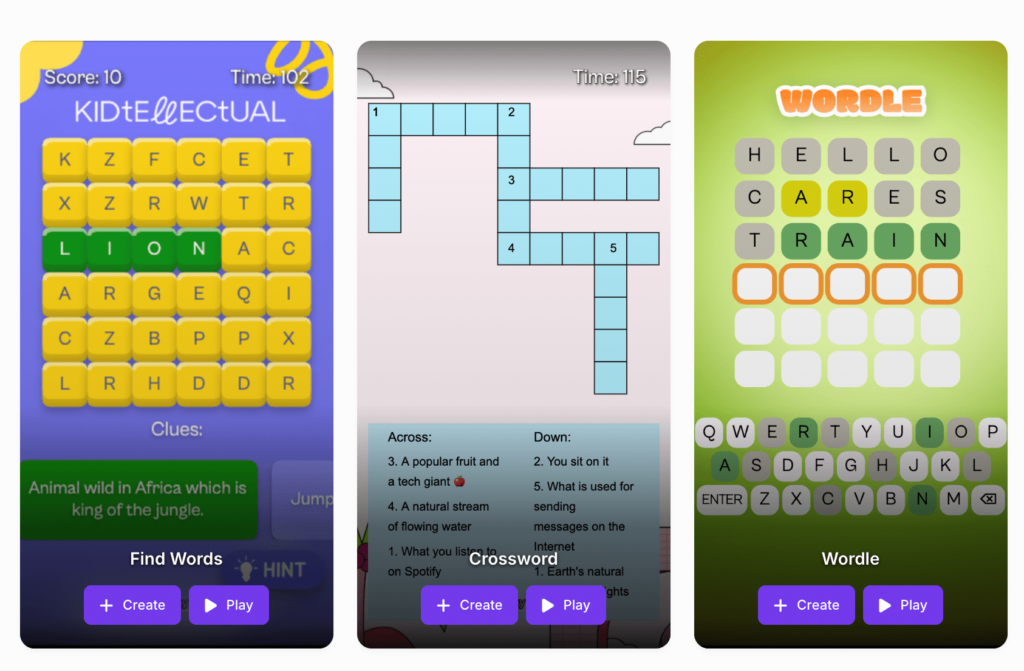Summary
Quizzes and puzzle games are powerful tools for boosting course engagement, helping educators create memorable, interactive experiences. With Playzo, instructors can transform passive lessons into active participation, leading to higher retention, stronger motivation, and more satisfied learners. This blog explores practical strategies and examples for using gamification in education.
Table of Contents
Why Gamification Works in Learning
The Power of Quizzes in Engagement
Using Puzzle Games to Drive Learning
Practical Course Engagement Examples with Playzo
Best Practices for Educators
FAQ / People Also Ask
Why Gamification Works in Learning
Gamification is not just a buzzword in education; it is a proven method to make learning both fun and effective. According to the Journal of Educational Psychology, gamification can lead to a 34% increase in learner engagement. With Playzo, educators can apply gamification seamlessly by embedding games directly into courses. Unlike static slides or traditional exams, gamified elements such as quizzes and puzzles invite students to actively participate, which strengthens recall and builds enthusiasm for continued learning. The result? Deeper understanding, higher completion rates, and stronger learner loyalty.
The Power of Quizzes in Engagement
Quizzes are one of the most effective forms of interactive learning. With Playzo, educators can design visually engaging quizzes featuring timers, multimedia embeds, and feedback. Unlike traditional multiple-choice tests, these gamified quizzes motivate learners to participate enthusiastically by tapping into their natural competitiveness. Research also shows that students retain up to 60% more information when material is reinforced through interactive quizzing. Educators can use quizzes at the start of a module to assess prior knowledge, as checkpoints to ensure understanding, or even as fun revision activities before exams.

Using Puzzle Games to Drive Learning
Puzzle games like Wordle and Crossword tap into students’ problem-solving skills while boosting engagement. These games challenge learners to think critically, apply subject knowledge, and explore new solutions within a fun setting. For example, foreign language instructors can leverage word puzzles to reinforce vocabulary, while science educators can use crosswords to test conceptual understanding. Playzo’s puzzle games bring the viral appeal of popular games into the classroom, ensuring long-lasting motivation and repeated participation.

Practical Course Engagement Examples with Playzo
Consider a history instructor aiming to make lessons more exciting. By using a Connections puzzle, they can have students link events, figures, and dates interactively. For math teachers, gamified Word Finder experiences can highlight key formulas hidden within a grid. In higher education, business schools may deploy gamified quizzes to prepare students for case competitions or job interviews. The versatility of Playzo games means courses at every level—K-12, university, or professional training—can benefit from interactivity. Not only do these games reinforce subject matter, but they also create communities of learners who discuss, share, and replay activities beyond scheduled class times.
Best Practices for Educators
To maximize results, educators should align game types with course objectives. For knowledge checks and feedback, quizzes are ideal. For critical thinking and long-term recall, puzzle games are more effective. Start small by adding one or two games per module, then scale up based on learner feedback. Encourage friendly competition by showcasing leaderboards or participation certificates. Also, leverage Playzo’s analytics dashboard to track engagement, completion rates, and performance trends. This allows instructors to refine lessons while keeping students motivated and invested.
FAQ / People Also Ask
How do quizzes improve learning outcomes?
Quizzes provide instant feedback, test comprehension, and reinforce retention. Gamified quizzes also trigger motivation and make assessment enjoyable instead of stressful.
Why are puzzle games effective in education?
Puzzle games increase critical thinking by forcing learners to apply concepts creatively. They also encourage repetition, which drives long-term memory retention.
Can Playzo games be customized for any subject?
Yes, Playzo games are fully customizable. Educators can adapt visuals, content, and mechanics to suit subjects ranging from languages to STEM fields.
Are gamified quizzes suitable for higher education?
Absolutely. Universities and professional training providers use quizzes and puzzles through Playzo to enhance rigor while keeping learners engaged in otherwise dense material.